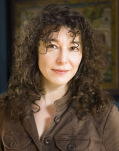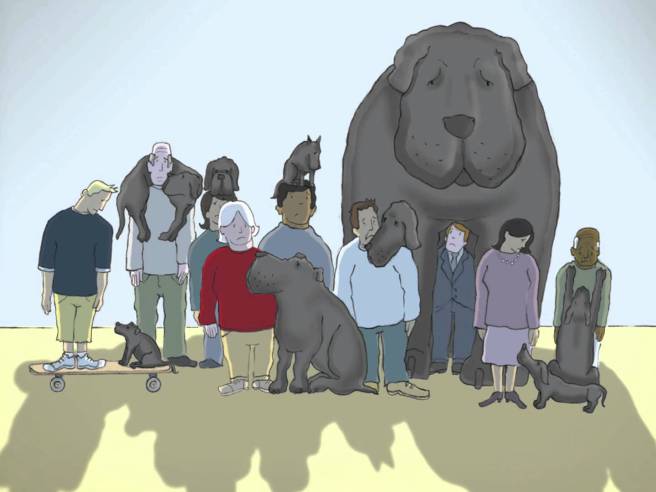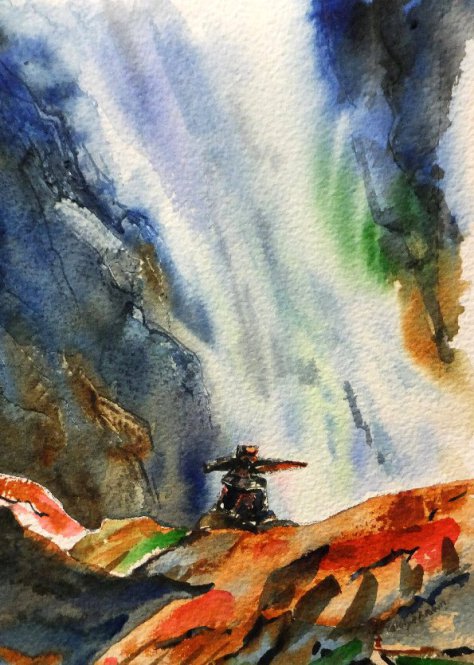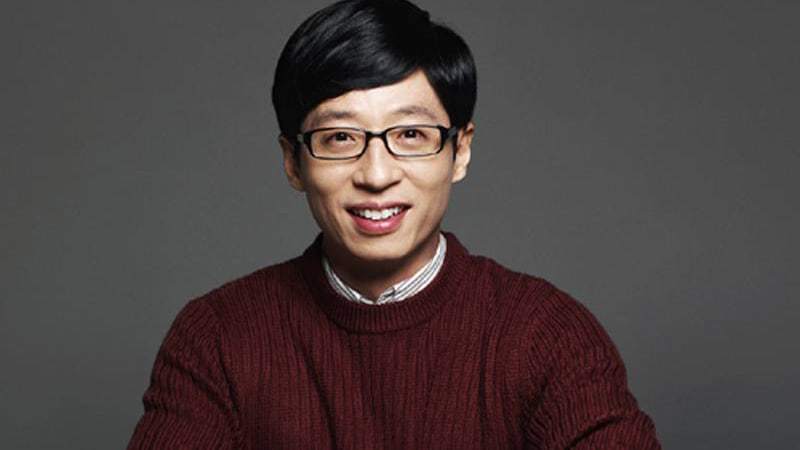
Education and patriotism have always been the backbone of the African success story. Most revolutionary leaders in Africa travelled beyond their borders, to acquire world class education at some of the best institutions. For decades, people across the continent have been travelling to Asia, Europe, United States of America and within, seeking knowledge in various faculties.
One common denominator for these leaders is that, they had a passion for a free Africa and upon finishing their studies, they all went back home to fight for her liberation. Despite the unattractive living conditions they had left back home, their hearts continued to yearn for their motherland. From wherever they were around the globe, they could hear the cries of their countrymen. They could feel every back pain their kinsmen felt bending over backwards for colonial masters who considered them second class citizens. The comfort some of them enjoyed could not dim memories of what they had left behind. They knew for the rest of their folk, discomfort was still the order of the day. Those who pursued further education within Africa did not, for one second, breeze through life. The only thing that separated them from those back home were the many miles between them, otherwise, life was just the same throughout the continent. The same scorching and withering sun of the Savannah could be felt throughout the continent. The elements were as harsh as they were back home. Their redemption songs were native and, indeed, perfectly sung in foreign lands.
Take Kwame Nkrumah for instance. He is viewed as one of Africa’s liberation fathers, who, like Haile Selassie and Gaddafi, had a profound desire for a united and free Africa. He graduated from the prestigious Achimota College in 1930, there after became a teacher. His quest for excellence did not stop there. He later went to the US at the age of 26 where he furthered his education at Lincoln University, a historically black institution. After his BA in Economics and Sociology from Lincoln University, he went on to acquire a Bachelor of Theology, MA in Philosophy and Masters of Science in Education from the University of Pennsylvania. After a decade of being absent from what was then the Gold Coast, he was invited back to his country where he started his political journey and fight for freedom. This, in the end, got him crowned first leader of an independent Ghana in 1957. Even though distance had separated him from his motherland for a number of years, his heart was still connected to what was happening within Africa. He had project Africa in mind.
African history is decorated with men and women of valour, who showed dedication in building a better continent and patriotism through their relentlessness. People like; Ellen Johnson Sirleaf, Robert Gabriel Mugabe, Julius Nyerere, Oliver Tambo, Desmond Tutu and Jomo Kenyatta, were stalwarts who understood their calling. They were faced with the task of raising Africa’s pillars high and strong. Their desire for change carried them across the continent and beyond. They knew the wisdom and expertise they were gathering had a greater purpose in assisting the building of a future they desired.
The list of those who honoured duty over pleasure during Africa’s darkest times is far greater than the one stated above. Many left the continent and indeed only a few were able to find their path back home. This, of course, does not belittle the input of millions of Africans who made tremendous contributions to build their home and still continue to do so without having to migrate. It is merely a reminder for those who have made the exodus to various Canaans to not forget that they too are holding the next brick that is needed to build Africa. The continent can surely progress fast if all her children agree to plough together. The spirit that implored the founding fathers seems to be scarce and silent in the hearts of today’s generation, particularly the millennials. Many young Africans live across the pond and for whatever reason; the burning passion to take part in this construction project continues to dwindle within them. Is it wishful thinking that all Africans are going to, at some point, realise their individual duties in building a brighter continent?
Advertisements Share this:- More





